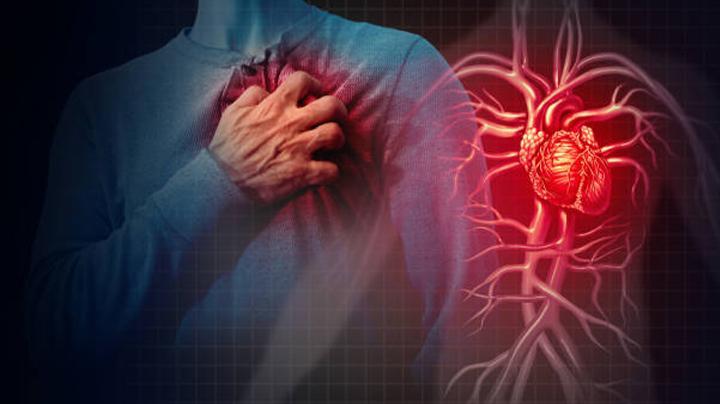Chest discomfort is among the most commonly reported symptoms in emergency departments worldwide, yet it remains one of the most misunderstood problem. For many, the sensation is attributed to acidity, gas, anxiety, or fatigue—common occurrences in a fast-paced, sleep-deprived, and often sedentary lifestyle. However, what may seem minor or routine could, in fact, be an early sign of something far more serious: a heart attack.
A heart attack, or myocardial infarction, occurs when blood flow to a part of the heart is suddenly blocked, usually by a clot in one of the coronary arteries. This prevents oxygen from reaching the heart muscle, which can cause permanent damage or death if not treated promptly. Early detection and immediate intervention can dramatically improve outcomes—yet this is often hindered by the vague or atypical ways symptoms present themselves, especially in younger populations.
Not every heart attack begins with crushing chest pain. In fact, many people, particularly women and those under 50, may experience subtler symptoms. These can include discomfort or tightness in the chest, pain that radiates to the arm, neck, jaw, or back, shortness of breath, unexplained fatigue, cold sweats, or a feeling of light-headedness. Some individuals may only feel a mild heaviness or pressure in the chest, which comes and goes. Because the pain is not always severe or continuous, it is frequently dismissed.
In the Indian context, the challenge is compounded by rising cases of cardiovascular disease among younger adults. Lifestyle risk factors—poor dietary habits, lack of exercise, high stress levels, inadequate sleep, and tobacco use—are significant contributors. In urban India, a growing number of individuals in their 30s and 40s are being diagnosed with premature coronary artery disease. Many of them are unaware of their underlying risk, including conditions such as hypertension, diabetes, or high cholesterol.
Another critical factor is delayed response. Despite experiencing symptoms, people often choose to wait, hoping the discomfort will subside on its own. They may self-medicate with antacids or painkillers, misreading cardiac discomfort as acidity or muscle strain. Unfortunately, this delay can be fatal. The initial hours after the onset of a heart attack—the so-called “golden hours”—are vital. The sooner a blocked artery is reopened, the better the chance of preserving heart muscle and avoiding complications such as heart failure or arrhythmias.
It is worth noting that not all chest pain originates from the heart. Gastrointestinal, muscular, or respiratory causes can also produce similar sensations. However, given the potential consequences, it is always safer to rule out a cardiac cause first. Simple diagnostic tools like an electrocardiogram (ECG), blood tests for cardiac enzymes, and non-invasive imaging can provide clarity within minutes. The cost of ignoring symptoms far outweighs the time or effort involved in getting evaluated.
Equally important is prevention. While some risk factors—such as genetics or age—cannot be changed, others can be actively managed. Regular health check-ups, maintaining optimal blood pressure and blood sugar levels, cholesterol control, balanced nutrition, quitting tobacco, regular physical activity, and effective stress management are all key. Even small, consistent changes in daily routines can help reduce the likelihood of future cardiac events.
Awareness also plays a vital role. Understanding that heart disease can present differently in different people is crucial. Family members, caregivers, and peers should also be able to recognize the signs and encourage timely medical intervention. Early symptoms are not always visible significantly. A feeling of unease, a vague pressure, or an unusual fatigue should not be underestimated, particularly if there are other coexisting risk factors.
Chest discomfort should never be regarded casually. While not every episode indicates a heart attack, the cost of inaction can be irreversible. In a condition where time is muscle, prompt medical evaluation is the most powerful tool for survival and recovery.
If there is even a slight suspicion that symptoms may be cardiac in origin, seeking medical attention without delay can make all the difference. In cardiac emergencies, time is not just precious—it is life-saving. Let that be reason enough to never ignore what the body is trying to say.
Dr. Dinesh Raj,DM Cardiology, MD Medicine,Sr. Consultant Cardiologist,HCG Hospitals, Rajkot


